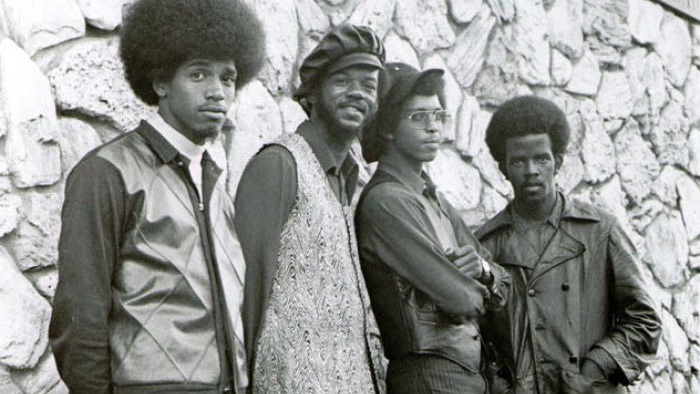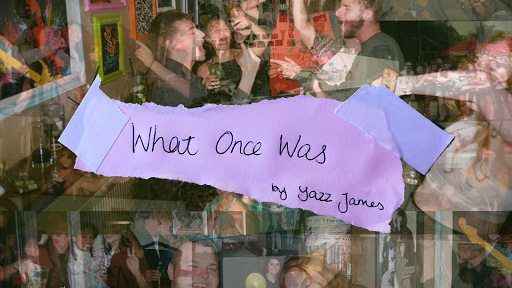Image from Foyles
Black History Month: The Influence of Reni Eddo-Lodge
Written for the University of Sussex Newspaper, The Badger
Last year, when I was studying International Relations, my class were assigned a piece of reading from Reni Eddo-Lodge’s ‘Why I’m No Longer Talking to White People About Race’. The title alone excited me, and once I had read the preface and opening chapter, ‘Histories’, I ordered myself a copy. Winner of the Jhalak Prize, the collection of essays should be an essential piece of reading for all. At a time where I find myself surrounded by white feminists and overly proud, yet ignorant, ‘woke’ peers, I mention this eye-opening book almost everyday.
Black history across the UK is not talked about enough – or at all. Growing up in predominantly (95%+) white areas, October was never promoted as Black History Month, and I was never formally educated on British Black history. Almost all I do know, I have researched myself, and this is an issue not solely confined to Hertfordshire.
In her book, Eddo-Lodge discusses how her education of Black history was extremely limited, merely taught through an American lens. This refusal to acknowledge Britain’s own Black history denied Eddo-Lodge from “an ability to understand [herself]”, a feeling I am also familiar with. (I am mixed-race - Black, Asian and White, although the parents who have raised me are both white-passing).
This issue of erasure is one that is common amongst writers of colour; Zadie Smith discusses her own education, drawing light upon the fact that “the seventies and eighties was quite concerned with the inequalities of American culture, but […] pulled a veil over what had happened in Britain”. Even in the 21st century, knowledge on British Black history comes from individual research, as opposed to an open forum of education within schools. Personally, my only memory of Britain’s tumultuous history with racism being discussed was in an art class where I studied Chris Ofili’s work, ‘No Woman No Cry’, a tribute to Stephen Lawrence, and those close to him.
‘Why I’m No Longer Talking to White People About Race’ is an eye-opening critique of our ignorance of Britain’s racist past; it attempts to overthrow the argument that “racism doesn’t happen here” – a statement I heard when I was handing out flyers for an anti-racism rally. It was hard not to scream at the insensitivity and disregard of those people when 20 minutes down the road, in my own village (where my brother and I were the only people of colour), a racist and derogatory quote, used by the Smethwick Conservatives in 1964 , had been disrespectfully graffitied to isolate the Black community. Eddo-Lodge blatantly alludes to this blindness on her extremely powerful book cover, where ‘to white people’ appears invisible from afar, only noticeable upon closer inspection.
Her work attributes this blindness to white privilege, particularly in her third chapter (‘What is White Privilege?’). Eddo-Lodge speaks of white as the default and describes how privilege can be based around an “absence of negative consequences of racism”, “of a lifetime of subtle marginalisation and othering”. There are so many things that people of colour are constantly aware of that white people will never have to think about, but often openly discussing this fact causes upset and conflict, as is discussed at length in the book.
Many white people remain ridiculously uncomfortable with the social implications of structural racism and are plagued by ‘white guilt’. Too frequently, this feeling of guilt means that conversation about Black history becomes a closed door. If I try to provide knowledge or insight, I can simply be deemed the stereotypical ‘angry black woman’ – although partly true, this is not my identifier.
More and more people are becoming increasingly aware that it is no longer enough to avoid racism, they must instead be actively anti-racist by challenging power structures and attempting to educate their peers. Eddo-Lodge’s ‘Why I’m No Longer Talking to White People About Race’ offers groundbreaking commentary upon Britain’s historical racism, emphasising that race must be seen and privilege acknowledged if we are to move towards equality.
Yazz James
Written October 2018










